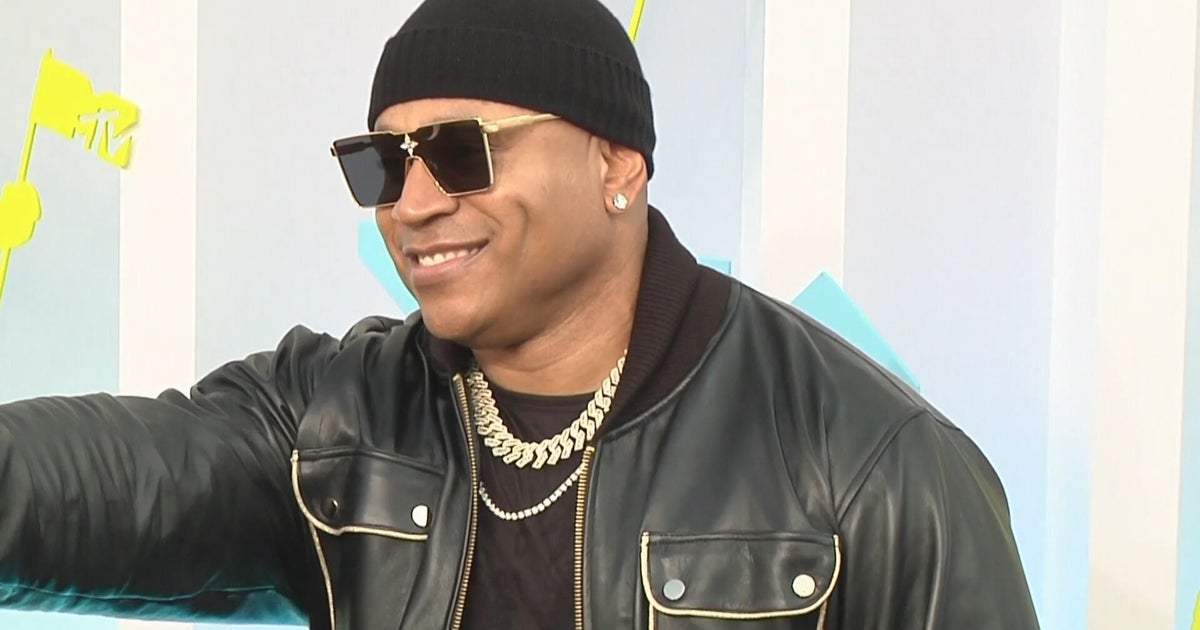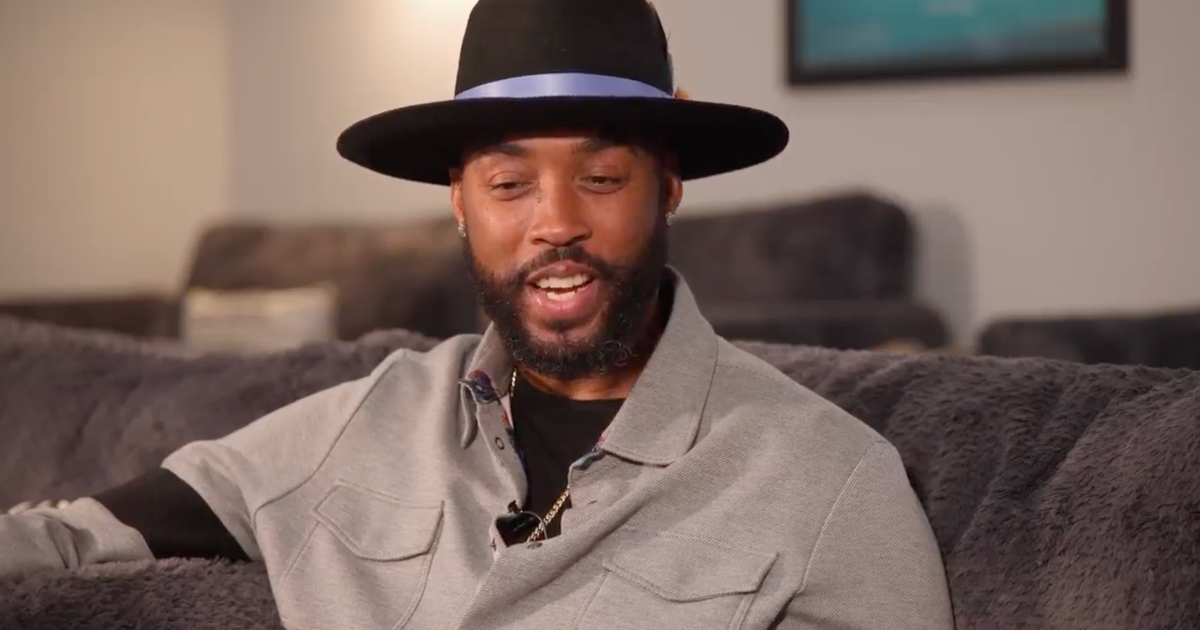Movie Review: <em> Little Fockers</em>
By Bill Wine
KYW Newsradio 1060
Talk about overstaying your welcome. Boy, should this franchise have stopped at two!
![]() The first comedy, Meet the Parents, was a side-splitting comic nightmare. The second, Meet the Fockers, was an enjoyable anything-for-a-laugh romp.
The first comedy, Meet the Parents, was a side-splitting comic nightmare. The second, Meet the Fockers, was an enjoyable anything-for-a-laugh romp.
The third, Little Fockers, represents such a precipitous drop in quality from its predecessors that it virtually announces the death of the franchise, even though the last scene sets up installment number four as if it were inevitable.
Little Fockers is little in all the wrong ways: there's little originality, little inspiration, little creativity, little craft, and little merriment. What there's lots of, though, is ineptness and embarrassment -- the former theirs, the latter ours.
In 2000's Meet the Parents, male nurse Greg Focker met his intended's parents, the Byrnes, including (gulp) his imposing, retired-CIA-op father-in-law-to-be.
Then in 2004's Meet the Fockers, Greg's flamboyant, bohemian parents visited his skeptical, buttoned-down in-laws and interfaith friction ensued.
Both films were solidly grounded in the understandable, relatable fears and anxieties and insecurities, however exaggerated for comic effect and however accompanied by outrageous slapstick entanglements, that come with encountering potential or new in-laws.
Outing number three, Little Fockers, on the other hand, is built on comedic quicksand. It brings us back to another family gathering, with its playfully naughty title referring to the twins who are about to celebrate their fifth birthday.
But there's nothing to tether the narrative to recognizable human behavior. These characters act the way they do only because the screenwriters deem it so.
To wit: Jack Byrnes, played by Robert De Niro, is fearful of and secretive about certain worsening health problems, which he confides in Greg who, in these lean economic times, has taken a job moonlighting for a drug company when he gets the opportunity to endorse a new erectile dysfunction product.
Guess where this is going.
Anyway, Jack still has doubts about Greg's ability to be the breadwinner and eventual head of the family, while Greg continues trying to win Jack over.
Then both sets of parents -- Jack and his wife Dina, played by Blythe Danner, and Dustin Hoffman and Barbra Streisand as Bernie and Roz Focker -- descend on the Chicago home of Greg and wife Pam, played by Teri Polo, when who should also turn up but Pam's moneyed and still-infatuated ex, played by Owen Wilson.
Returnees Stiller and Polo, De Niro and Danner, Hoffman and Streisand, and Wilson welcome to the expanding ensemble Harvey Keitel as a contractor, Laura Dern as the twins' headmistress, and Jessica Alba as a fetching pharmaceutical rep at Greg's hospital who sorely tests Greg's commitment to fidelity.
To say that this crowded ensemble is underemployed is to understate the obvious.
Paul Weitz (About a Boy, In Good Company, Cirque du Freak: The Vampire's Assistant) takes the directorial reins from Jay Roach, who produced and directed the first two outings but this time just serves as one of the producers, as does De Niro. Director Roach is apparently sorely missed.
The title is a misnomer in that the narrative really isn't about the kids or parenting, but about the tension between the Stiller and De Niro characters that dominated the first outing.
When it was fresh, it was funny. Now, it reeks.
The script by Jahn Hamburg and Larry Stuckey offers dialogue that screams at the top of its lungs for a rewrite. That the cast can deliver it without choking on it is already an accomplishment.
As for narrative momentum, there is none. And the reliance on double entendres and blue material that isn't at all funny gives the film an unnecessarily sleazy veneer. Making matters worse: three movies is a long time to keep doing play-on-word riffs on Greg's suggestive family name.
But perhaps the biggest Little problem is that this is one of those rare occasions where you can see the shame in the eyes of just about everyone in the cast: here's a group of performers who know the material is lame, who know they're slumming. Do we applaud their candor or question their professionalism? Either way, we reject their movie, farcical or not, which lacks even one believable moment.
And the slapstick "highlights," meant to recapture the glory that was the physical comedy of the predecessors, is so graceless and amateurish that it succeeds in squandering most of the goodwill built up in the first two episodes.
So we'll blow out the candles on 1½ stars out of 4 for the stale threequel, Little Fockers.
Easy to like? Not even a little.







